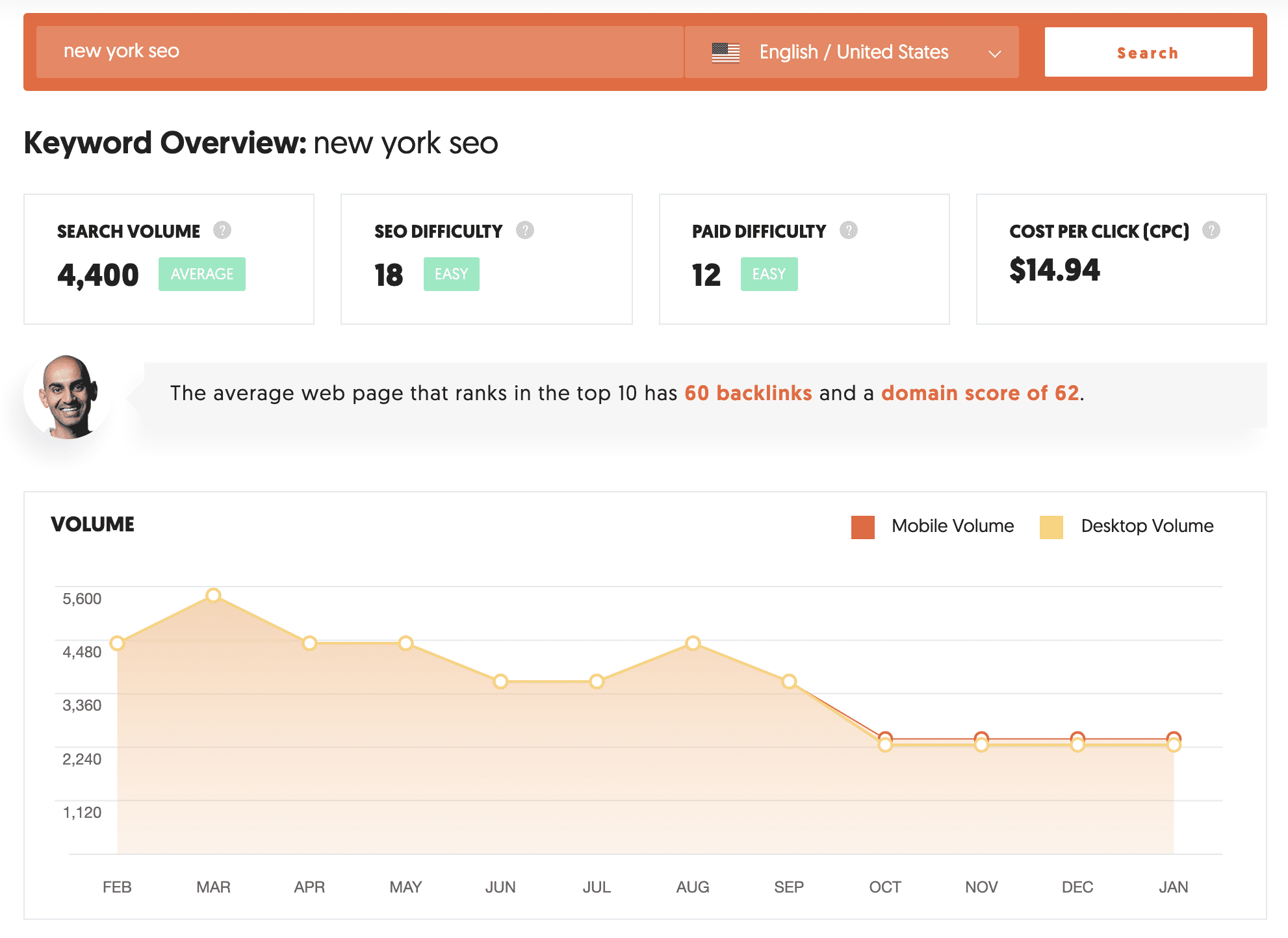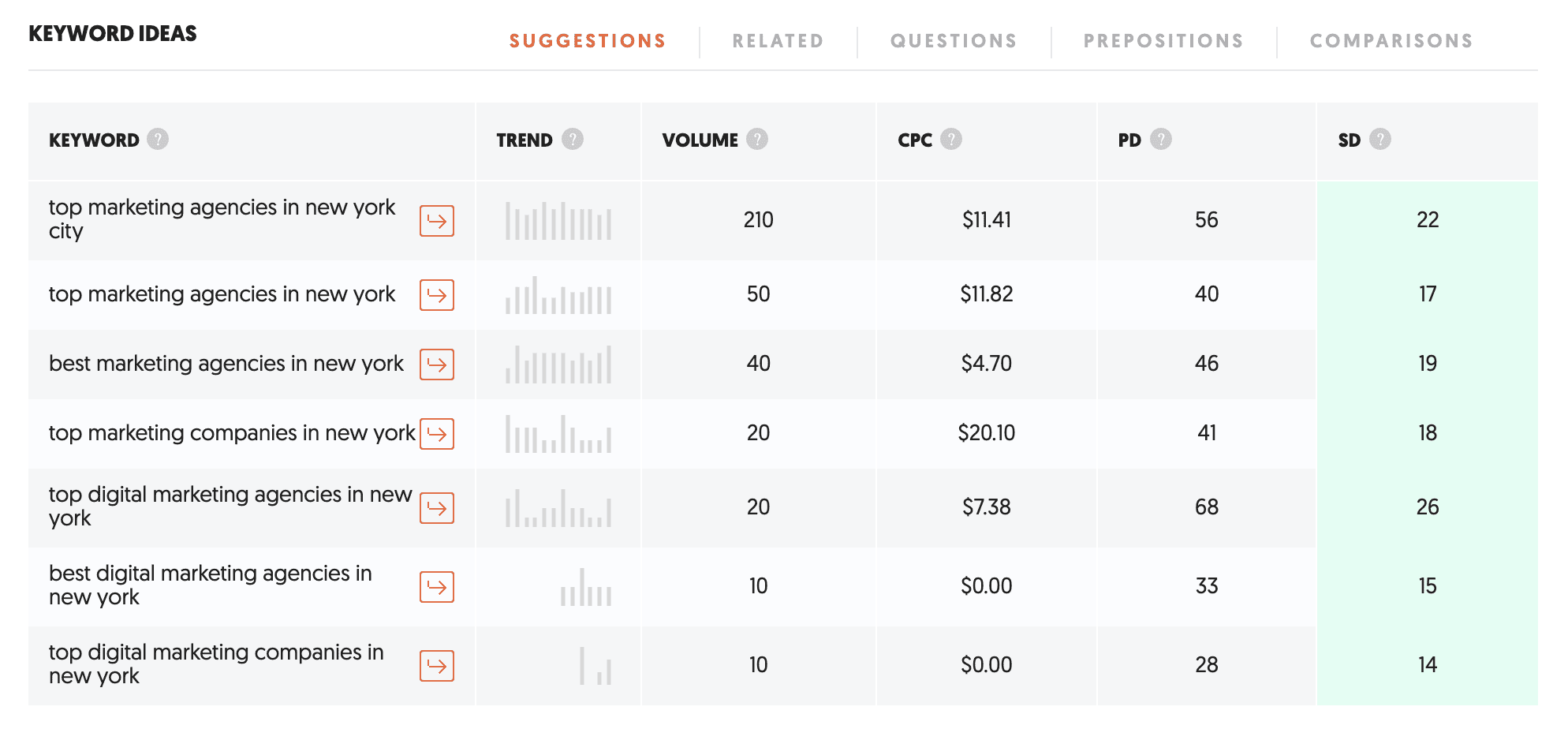AI is one of the fastest-growing technologies in 2020. In fact, 37% of organizations have implemented some form of artificial intelligence. It’s easy to see why, too. It’s transforming every angle of digital marketing as we know it–from search engine marketing to how we collect and use analytics.
Artificial intelligence is a lot easier to implement, as well. While it can seem like an intimidating technology, most solutions are plug-and-play, directly integrating with tools and platforms you already use. This explains the increased amount of adoption in recent years.
- Predictive analytics is like a crystal ball
- Anomaly detection presents real-time alerts
- Machine learning
- Real-time data and insights
- Voice search and speech recognition are on the rise
- It’s helping marketers work smarter, not harder
Understanding how AI is transforming marketing in 2020 will allow you to get an edge over competitors and take advantage of the latest trends. Here’s what you need to know.
-
Predictive analytics is like a crystal ball
Being able to predict consumer behavior and patterns within a business are like having a crystal ball. It almost seems too good to be true, right? Well, it’s not–it’s called predictive analytics.This is the practice of using technology like machine learning algorithms to forecast marketing performance, budget spends, and other key performance indicators. This gives digital marketers foresight to improve campaigns and adjust spending, for instance.
It’s also being adopted at the perfect time. Digital marketers have no shortage of data and reports to work with, leaving them trying to find a way to maximize usage. Predictive AI empowers marketers to get the most out of their data and leverage forecasting to make better decisions.
-
Anomaly detection presents real-time alerts
Imagine being able to stop security breaches from happening. Better yet, what if lucrative marketing opportunities could be found on your behalf? Say hello to anomaly detection. This is a branch of artificial intelligence that uses historical and real-time data to find sets of data that stand out which are called anomalies. Once a business is connected to an anomaly-driven solution, they simply run their business as normal. The software will pick up on any points of interest and alert the company. For example, it may find certain SEO keywords are bringing in the most traffic or a PPC ad is converting the most despite it not being the campaign’s focus. A business can then improve marketing performance and save time versus finding these optimizations themselves.
It also works in the opposite way. Anomalies can be rogue users, malware, and other security flaws. Instead of dealing with them after they’ve happened, digital marketers can prevent these problems from getting out of hand, to begin with.
-
Machine learning
One of the main technologies powering the changes in 2020 is machine learning. This is a form of artificial intelligence that becomes smarter the more you use it. It’s capable of being connected to marketing campaigns like SEO and PPC, for instance. In these cases, it could discover high ROI search terms or ad creative combinations.Machine learning solutions are capable of improving any campaigns and strategies that you use, as well. This includes content marketing, lead generation, email marketing, and more.
-
Real-time data and insights
Do you use a tool like Google Analytics or Google Search Console? They’re great solutions, however, they have some limitations. The one major flaw is that all of the data you are given is outdated, even if it’s just by a few hours. That’s a small window of time where a company could’ve been taking action and improving their marketing.That’s where real-time data comes into the picture. This branch of artificial intelligence involves reporting live data versus traditional lagging ones. This allows a company to analyze the insights and take immediate action. In one case, they can capitalize on marketing and advertising opportunities or alternatively handle threats before they spread.
-
Voice search and speech recognition are on the rise
Do you perform SEO for your business? It’s an effective strategy for improving organic traffic, leads, and authority. However, did you know that AI is directly affecting it moving into 2020? This is because of the rise of voice search and 31% of smartphone users using voice tech at least once per week.How many times have you heard “Hello, Google” followed by a question? It’s one of the go-to approaches for finding an answer online because of its convenience. It’s the complete opposite of what most search marketers are doing, though. Consider the search terms you’re used to targeting, for example. They tend to be blocky and choppy, forcing marketers to find a way to naturally implement them. That’s where voice search changes things.
Search marketers will need to focus on full sentences and questions that a user would directly speak into a voice-activated device. Try using a free keyword research tool like Ubersuggest. Enter a keyword into the search bar and hit the “Search” button.

Free Keyword Research Tool. Keyword Overview: New York SEO 
Keyword Ideas by Ubersuggest. Keyword Overview: best marketing agencies in New York Here you will find potentially dozens of long-tail keywords to target. Those which are in the form of a full sentence or question will be of interest. However, any keyword can be reshaped into a question or sentence.
-
It’s helping marketers work smarter, not harder
You may have noticed a trend with the different AI strategies we’ve outlined today. This is that artificial intelligence is helping marketers achieve more with less effort. This is one of the greatest ways it is influencing digital marketing in 2020.How we interpret analytics, optimize advertising campaigns, and research keywords are becoming more hands-off. The findings are capable of being completely done by machine learning and algorithms. This leaves marketers to do what they do best: marketing.
Conclusion
Digital marketing changes fast. One of the biggest trends in 2020 will be artificial intelligence and the many ways it’s transforming the industry. The first way it is doing so is through predictive analytics. This technology is capable of forecasting changes and optimizations that marketers can take advantage of sooner than later.
Similarly, real-time data is giving marketers information they can use instantly versus typically reporting which is delayed. Another growing branch of AI we are seeing used in marketing is anomaly detection. This involves comparing historic and current data to find anomalies that can be good or bad. Either way, marketers are able to address them faster.
Search marketers will also want to consider reshaping how they perform keyword research with voice search rapidly growing. Targeting complete sentences and questions will become more normal moving into 2020. Many of these changes are powered by machine learning; algorithms that refine the more you use them, ultimately improving one’s marketing continually over time.


